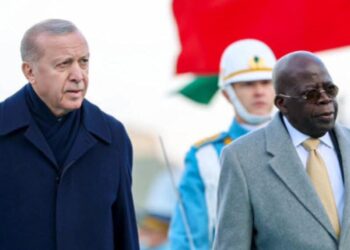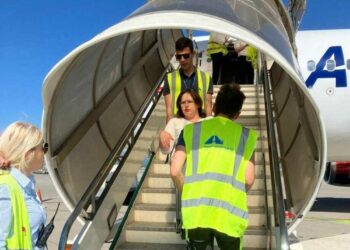By Emmanuel Nduka
The Benue State Government in the Middle Belt region of Nigeria has inked a partnership with the World Bank to launch a wide-reaching grant initiative under the Alia Cares Scheme, to empower small and large business owners, farmers, and vulnerable groups across the state.
Speaking in an interview with the News Agency of Nigeria at the weekend, the state’s Commissioner for Finance, Michael Oglegba, disclosed that over 4,000 small business owners have already received grants of ₦150,000 each to help expand their enterprises.
In addition, larger businesses—such as salons and other growing ventures—have benefited from ₦500,000 grants to help scale their operations. According to Oglegba, the initiative is part of a broader effort to stimulate economic growth in the state.
“This support is happening across the entire state, and applications continue to come in,” he said. “Beyond just small businesses, we are also supporting farmers through our Fadama initiative. This includes providing fertilizers, piglets for pig farming, day-old chicks for poultry farmers, cassava stems for planting, and cassava processing machines.”
Oglegba emphasized that the funding for these initiatives comes from both the Benue State Government and the World Bank, calling the program a “successful joint effort.”
The Alia Cares Scheme also includes direct cash transfers to the poorest residents, with monthly payments of ₦10,000 to elderly and vulnerable individuals. Beneficiaries are selected in batches from across the state, allowing the program to reach more people over time.
Another aspect of the program provides temporary jobs and stipends to able-bodied unemployed individuals. These beneficiaries perform menial tasks in exchange for payment, contributing to local development while earning income.
Community-focused interventions are also underway, with 54 community projects—ranging from boreholes and schools to health facilities—completed between January and April 2025. Communities select the services they need, choose their own contractors, and receive full government funding to complete the projects.
“The goal is to meet the direct needs of our communities and support them in a way that is sustainable and inclusive,” Oglegba concluded.
NAN



































